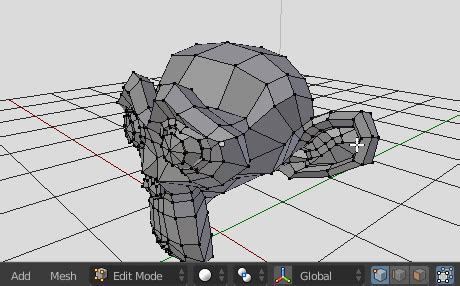For peak men’s performance, what’s the optimal recovery strategy after intense workouts?

The Unsung Hero: Why Post-Workout Recovery is Paramount for Men’s Performance
In the relentless pursuit of strength, endurance, and overall athletic prowess, many men push their bodies to the limit. However, the true gains aren’t made during the workout itself, but in the hours and days that follow. Optimal post-workout recovery is the cornerstone of sustained performance, muscle growth, injury prevention, and mental fortitude. Neglecting this vital phase can lead to plateaus, burnout, and a heightened risk of injury. For men aiming to not just participate but excel, a strategic recovery plan is non-negotiable.

Fueling the Machine: The Critical Role of Nutrition
After an intense training session, your muscles are screaming for nutrients to repair and rebuild. This period, often referred to as the ‘anabolic window,’ is crucial for maximizing muscle protein synthesis and glycogen replenishment. Prioritize a balanced intake of:
- Protein: Consume 20-40 grams of high-quality protein (whey, casein, lean meats, eggs, plant-based sources) within 30-60 minutes post-workout. This provides the amino acids necessary for muscle repair.
- Carbohydrates: Replenish depleted glycogen stores with complex carbohydrates (oats, sweet potatoes, brown rice, whole-grain bread). The amount will depend on the intensity and duration of your workout, but generally aim for a 2:1 or 3:1 carb-to-protein ratio.
- Healthy Fats: Don’t forget healthy fats (avocado, nuts, olive oil) for hormone production and overall cell health, though these are less time-sensitive than protein and carbs.

Hydration: More Than Just Quenching Thirst
Water constitutes a significant portion of your body weight and plays a critical role in every physiological function, including nutrient transport, temperature regulation, and joint lubrication. Dehydration can significantly impair performance and delay recovery. It’s not enough to just drink water during your workout; rehydration post-exercise is equally important.
- Electrolyte Balance: Intense sweating depletes electrolytes like sodium and potassium. Replenish these through electrolyte-rich drinks or foods.
- Consistent Intake: Continue sipping water throughout the day, not just immediately after your session. A good rule of thumb is to drink 1.5 times the amount of fluid lost during exercise.
The Power of Sleep: Your Ultimate Anabolic State
While nutrition and hydration are vital, deep, restorative sleep is arguably the most powerful recovery tool. During sleep, your body releases growth hormone, which is essential for muscle repair, fat metabolism, and bone growth. Aim for 7-9 hours of quality sleep per night. Establish a consistent sleep schedule, create a dark and cool sleep environment, and avoid screens before bed to optimize this crucial recovery phase.

Active Recovery and Mobility: Keeping the Body Moving
While rest days are essential, complete inactivity can sometimes hinder recovery by reducing blood flow. Incorporating active recovery can help reduce muscle soreness, improve circulation, and enhance flexibility.
- Low-Intensity Activities: Light cardio like walking, cycling, or swimming for 20-30 minutes can help flush out metabolic waste products.
- Stretching and Foam Rolling: These practices can improve range of motion, alleviate muscle tightness, and break up knots, preventing potential injuries.
- Yoga or Pilates: These disciplines combine flexibility, strength, and mindfulness, contributing to both physical and mental recovery.

Mindset and Stress Management
The mental toll of intense training and daily life stress can also impede physical recovery. Chronic stress elevates cortisol levels, which can break down muscle tissue and hinder recovery. Incorporate practices that promote mental well-being:
- Mindfulness and Meditation: Even 10-15 minutes a day can reduce stress.
- Breaks and Downtime: Ensure you have time away from work and training to recharge mentally.
- Listen to Your Body: Don’t ignore signs of overtraining like persistent fatigue, irritability, or decreased performance. Adjust your training and recovery as needed.

Conclusion: Recovery as a Performance Enhancer
For men dedicated to achieving peak physical performance, recovery is not an afterthought; it is an integral and equally demanding part of the training process. By meticulously planning your nutrition, prioritizing hydration, optimizing sleep, integrating active recovery, and managing stress, you unlock your body’s full potential for adaptation, growth, and sustained excellence. Embrace these strategies, and watch your performance soar to new heights.









